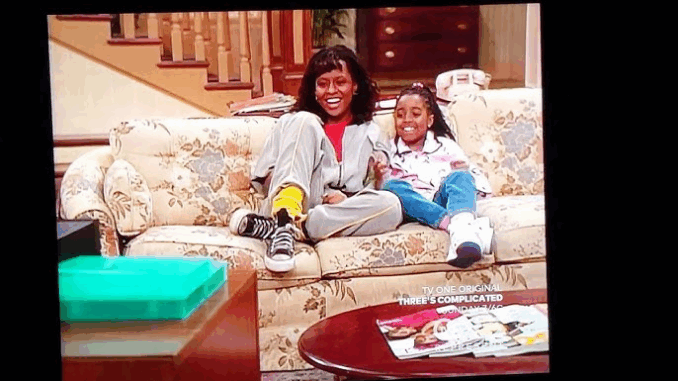
In a world where fatherhood was often relegated to brief moments of authority or comedic relief on television, The Cosby Show took a bold step in showcasing a father who was emotionally present, intellectually engaged, and loving in every sense of the word. Dr. Heathcliff Huxtable, portrayed by Bill Cosby, wasn’t just a father—he was the cornerstone of his family, offering a portrayal of fatherhood that resonated deeply with audiences during the 1980s and continues to echo today.
More than 30 years after its first episode aired, The Cosby Show remains one of the most iconic portrayals of African American family life. Yet, beyond its groundbreaking depiction of race, class, and culture, the show’s nuanced portrayal of fatherhood is perhaps its most enduring legacy. Cliff Huxtable, an obstetrician with a knack for humor and a deep reservoir of wisdom, was the epitome of a father who balanced love with discipline, laughter with guidance.
From the very first episode, viewers were introduced to a father who wasn’t simply a disciplinary figure but a trusted mentor, friend, and confidant to his children. Cliff’s role wasn’t limited to providing financial support or offering words of wisdom when needed. He showed up, he listened, and, most importantly, he communicated with his children on their level. He wasn’t afraid to be silly, to let his children see him dance to jazz music in the living room, nor was he hesitant to have difficult, but essential, conversations with them as they grew older.
One of the defining qualities of Cliff’s fatherhood was his ability to be both the voice of reason and the source of comic relief. Episodes like “The Trial” (Season 1, Episode 12) showcase the multifaceted nature of his character. While Cliff could be strict when needed—particularly when dealing with his son Theo’s academic struggles—he could also create a safe space for his children to express themselves, making him a father who was always approachable, always involved, and always ready to teach through both humor and compassion.
Another key episode, “Cliff’s Birthday” (Season 4, Episode 1), explores Cliff’s role in his children’s emotional development. His birthday celebration becomes a moment for the family to reflect on their deep respect for him, and in turn, the audience sees how his children’s love for their father is rooted not just in his authority, but in his deep emotional intelligence and care for them. Cliff is shown to be a man who values his children as individuals, encouraging their independence, while always being there to provide guidance when they need it most.
Fatherhood on The Cosby Show was not about maintaining control, but about fostering relationships. Cliff was not a perfect parent—he often made mistakes and struggled with the complexities of raising five children—but it was his imperfections that made him so relatable and his moments of growth so powerful. He was a father who learned as he went along, someone who recognized that parenting isn’t a static role, but an evolving one. The show didn’t shy away from depicting the growing pains of fatherhood, showing Cliff’s occasional frustration and uncertainty in the face of teenage rebellion or tough life lessons.
Yet what remained constant throughout the series was Cliff’s unshakable commitment to his children’s well-being. His involvement in their lives was never conditional on their success or behavior; it was rooted in an unconditional love that transcended the typical tropes of fatherhood in television. His relationship with his wife, Clair Huxtable, also played a significant role in shaping his parenting style. Together, they represented a partnership built on mutual respect and shared responsibility, providing a solid foundation for their children to thrive.
In a time when African American fathers were often depicted in media as absent, neglectful, or peripheral figures, Cliff Huxtable was a groundbreaking character. He was a father who was present in every sense—emotionally, physically, and intellectually. His character defied stereotypes and set a new standard for what it meant to be a father on television. He wasn’t just a figure to be admired for his wisdom and strength; he was someone viewers could relate to, laugh with, and learn from.
Despite the controversy surrounding Bill Cosby’s real-life actions, the legacy of The Cosby Show and the portrayal of fatherhood through Cliff Huxtable remains significant. The show’s depiction of a father who is actively involved in his children’s lives, who balances humor with discipline, and who prioritizes love and respect, has left an indelible mark on television. It showed viewers that fatherhood is not about perfection, but about connection. It’s about showing up, staying engaged, and, above all, loving unconditionally.
Today, as we continue to redefine gender roles, family structures, and parental expectations, the portrayal of Cliff Huxtable’s fatherhood remains a timeless reminder of the power of a father’s presence. His character’s legacy lives on, not just in the hearts of The Cosby Show’s viewers, but in the countless fathers who, like Cliff, strive to be loving, present, and involved in the lives of their children.
